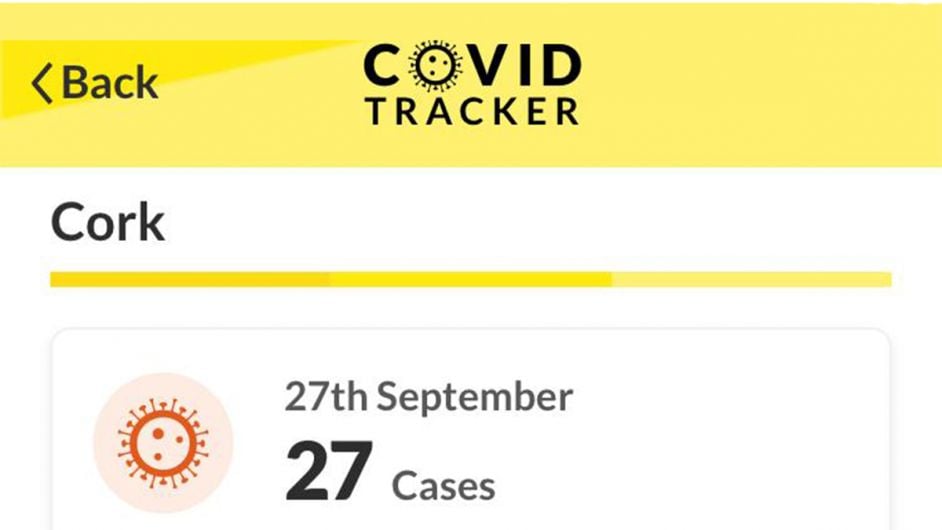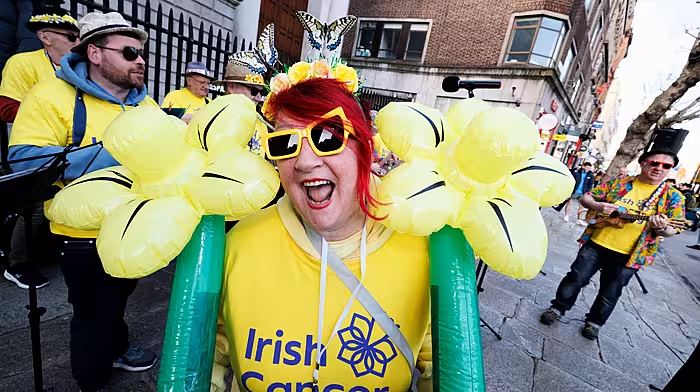THREE major Cork agencies have joined together to highlight their concerns over the rising cases of Covid in the Cork area.
The HSE, Cork County Council and An Garda Síochána have joined forces in an unprecedented show of strength because of the alarming rise in cases in the county in the past fortnight.
In a joint appeal, issued earlier this week, they say people need to double their efforts at what they’re calling a ‘critical juncture’ in the pandemic in Cork.
The statement was issued before shocking footage of young people gathering in large numbers on Cork streets was posted online. Gardaí also said they had been called to a number of house parties in the city in recent days.
There is widespread belief that Cork may move to Level 3 restrictions in the coming days, as the numbers of cases have continued to rise in the county.
The most recent 14-day incidence rates for local electoral areas (up to Sept 21st) show that Macroom had nine confirmed cases; Bandon/Kinsale also had nine cases while Skibbereen and Bantry both had less than five.
In the last fortnight, Cork has recorded well over 300 incidents of Covid-19, including 70 in the county which have been linked to pub and restaurant settings. On Sunday, 54 new cases were confirmed, with an additional 22 on Monday, 40 on Tuesday and 60 on Wednesday of this week.
Latest data from Health Protection Surveillance Centre shows most cases continue to be detected in private houses.
However, in the past week, nursing homes have recorded five new cases nationally, with concern in the sector of a resurgence of the virus. In June, there were 10 Covid-19 deaths recorded at Clonakilty Community Hospital, and a further five deaths at Carechoice in Macroom.
Dr Orla Healy, the chief operations officer for the South/South West Hospital Group, which includes Bantry Hospital, has ‘strongly urged’ the Cork public to reduce social contacts and keep their distance from others.
‘Not adhering to these guidelines will inevitably place extra pressure on the hospital system, which unfortunately could seriously impact you, your family, your neighbours or your friends,’ she added.
Acting director of public health for the region, Dr Anne Sheahan, said one of the most important things is to watch for symptoms like fever, cough, shortness of breath, loss of smell, loss or change to sense of taste, and then take immediate action.







